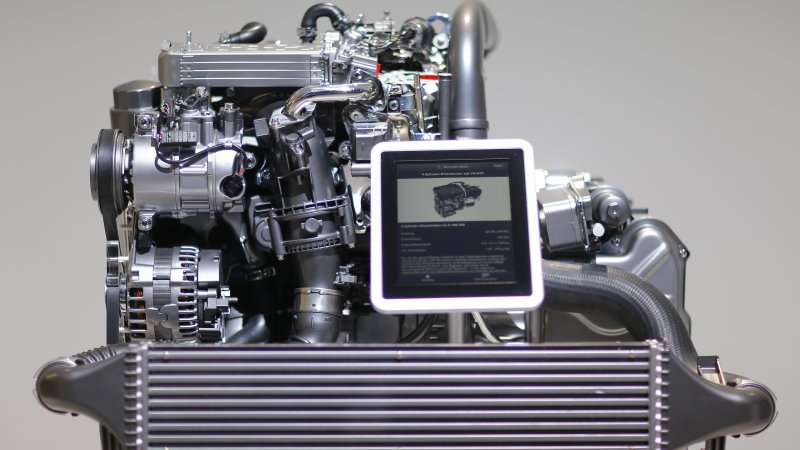New Car Sales In Europe: Gasoline Surpasses Diesel In H1 2017

Diesels have been under fire ever since the scandal at the Volkswagen Group and it comes as no surprise more and more people are switching to gasoline or alternatively powered cars. According to industry association ACEA, sales of new cars equipped with gasoline engines rose from 45.8 percent to 48.5% in the first half of 2017 in Europe, representing an additional 328,615 cars compared the same period of last year. As for diesels, demand dropped from 50.2% to 46.3%, or 152,323 fewer cars than in H1 2016.
Based on the data provided by the European Automobile Manufacturers' Association, sales of gasoline-powered cars have surpassed those of diesels in Europe for the first time since 2009. It seems highly unlikely the situation will be reverted in the near future, not just because customers are moving away from diesels, but also due to the reason some automakers are seriously thinking about stopping development of diesel engines. Relevant examples include Volvo and Porsche, with both already announcing their current-gen diesels could be a dying breed, with no replacement in sight.
Not only that, but some cities have expressed interest in banning diesel cars from the middle of the next decade. A global petition was signed in 2016 by the mayors of Paris, Madrid, Athens, and Mexico City to effectively ban diesels from 2025.
Getting back to the numbers released by ACEA, sales of alternatively powered cars (hybrid, electric, LPG, and natural gas) increased significantly by more than 35% compared to the first half of 2016 to reach a record 5.2% of all sales. The trend will likely continue in the years to come as several big automakers have announced their green agendas, with dozens of fully electric vehicles in the works.
Once car manufacturers will find a way to drive down battery production costs, EVs will become more affordable and will consequently eat into sales of cars powered by combustion engines and ultimately lead to the demise of the ICE.
